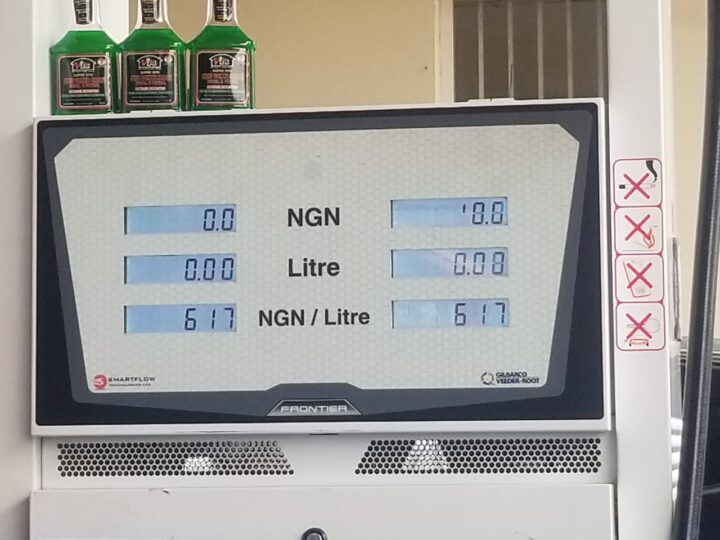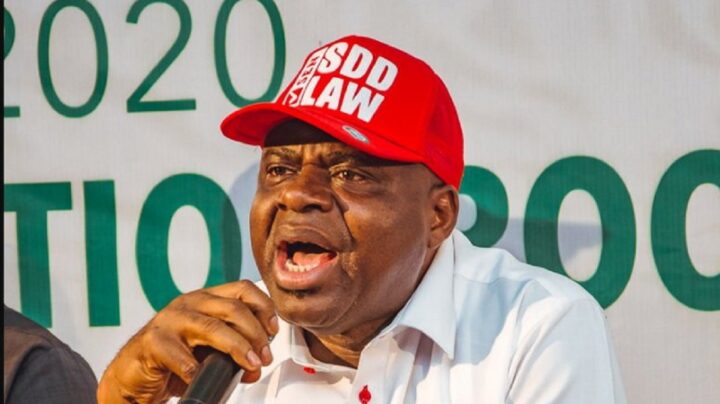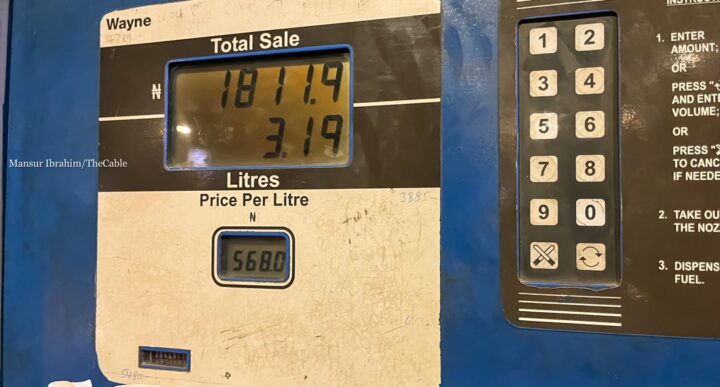The Nigerian Midstream and Downstream Petroleum Regulatory Authority (NMDPRA) says petrol consumption fell to 46.38 million litres per day in June, largely due to the removal of subsidy.
Farouk Ahmed, chief executive officer , NMDPRA, disclosed this during a stakeholders meeting with oil and gas downstream operators on Monday in Lagos.
When compared with the 65 million litres average daily consumption before petrol subsidy removal, he said the figure represents a 35 percent decrease.
“The current daily consumption has drastically reduced as against 65 million litres which had been the daily consumption before subsidy removal,” he said.
Advertisement
“In January, it was 62 million litres per day; February, 62 million litres per day; March, 71.4 million litres per day; April, 67.7 million litres per day; May 66.6 million litres per day; June, 49. 5 million litres per day; and July, 46.3 million litres per day.”
Ahmed said while over 56 companies applied for import licences, only 10 made a commitment to bring in the product.
He said three marketers — Emadeb Energy, A.Y Shafa and Prudent Energy — have imported petrol into the country.
Advertisement
He added that other companies, including 11 Plc, have indicated interest in importing petrol in August and September.
“The era of subsidy payment is gone, we encourage all marketers who are interested in importing petrol to apply for licence,” he said.
“The meeting is to encourage marketers to import, so that there will be availability of petrol at every nook and cranny of the nation.
“The marketers have the choice to fix their price, because it is a free market where there will be competition.
Advertisement
“It is no longer Nigeria National Petroleum Corporation (NNPC) Limited dominating the market, there will be other players to compete with NNPC.
“We do not want any dominant player in the market, that was why we liberalised the market for everybody to play.”
Ahmed said the authority is working with the Federal Competition and Consumer Protection Commission (FCCPC) to stop marketers from taking advantage of consumers.
Advertisement
Add a comment






